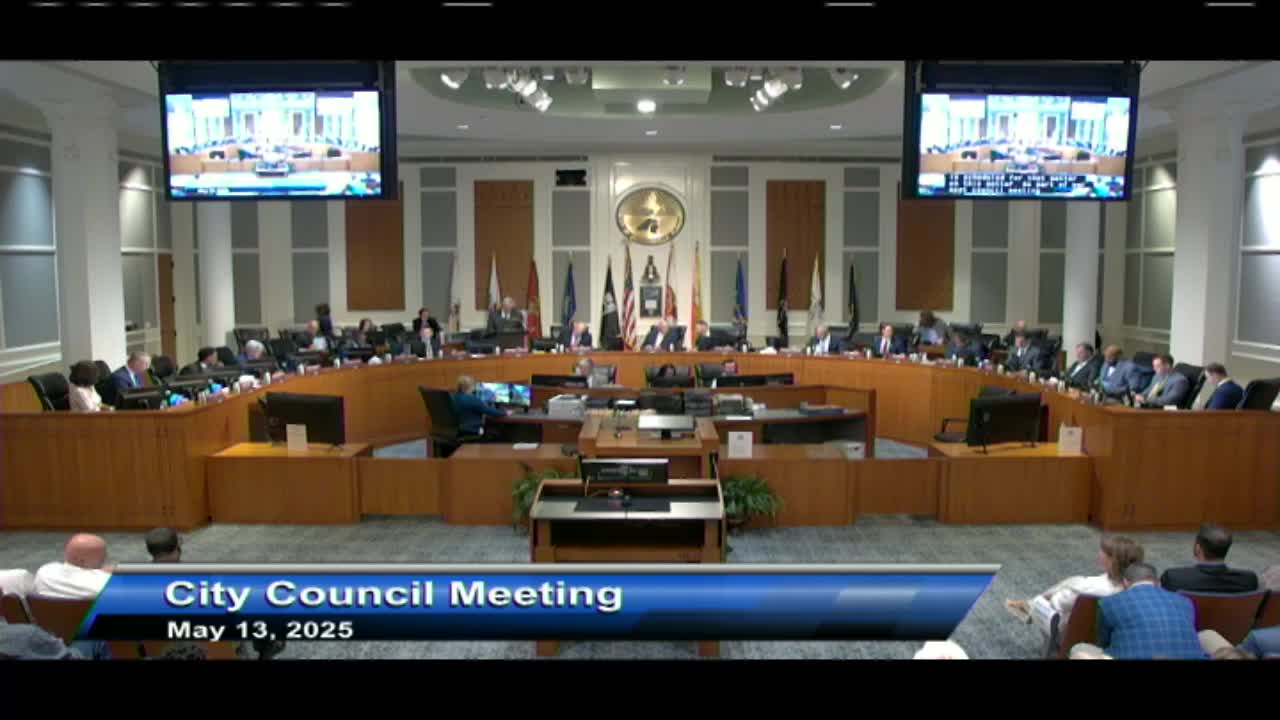Article not found
This article is no longer available. But don't worry—we've gathered other articles that discuss the same topic.
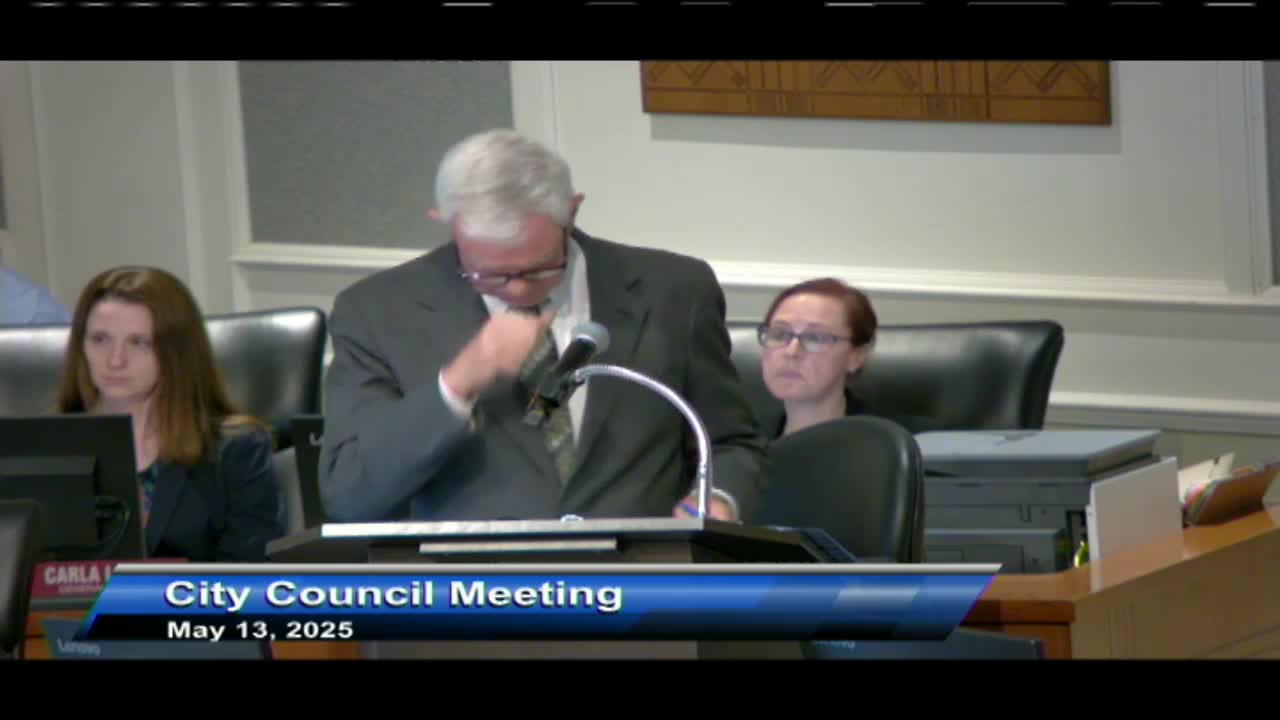
Residents oppose rezoning on McMillan Avenue; council hears pleas to retain single-family character
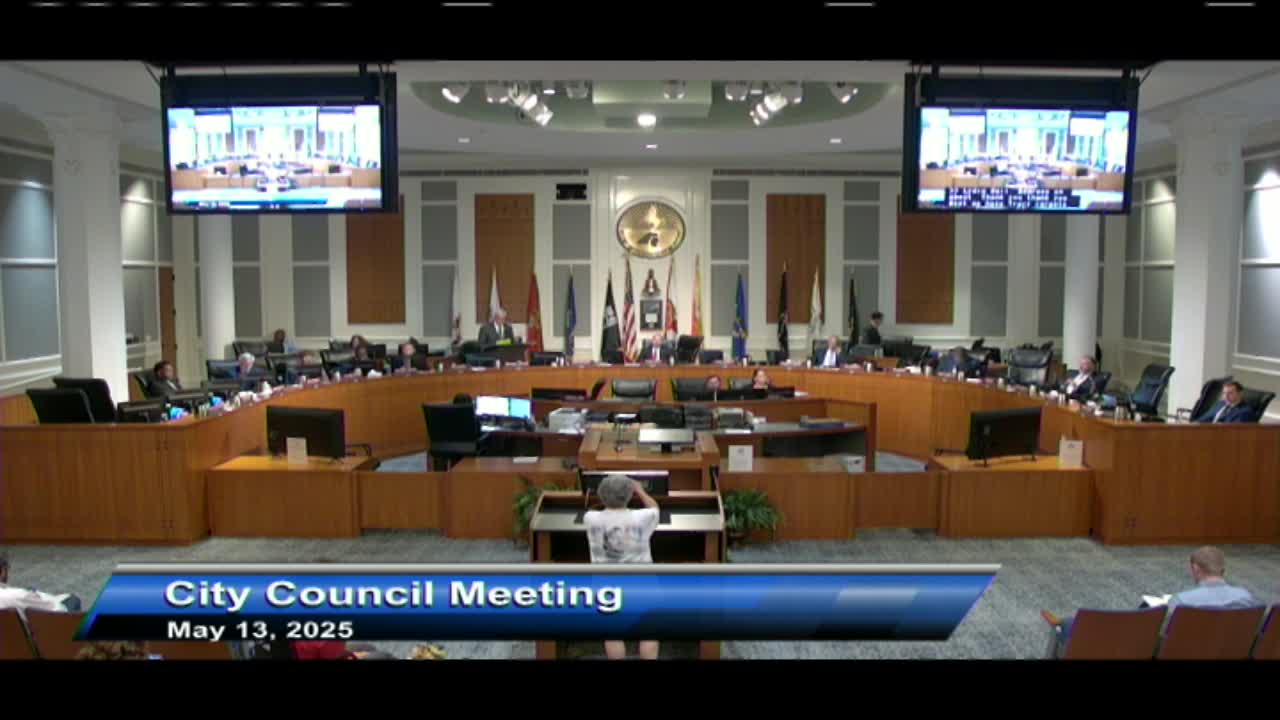
Residents press council on jail funding, JSO accountability, Brentwood morgue and call for Gaza ceasefire
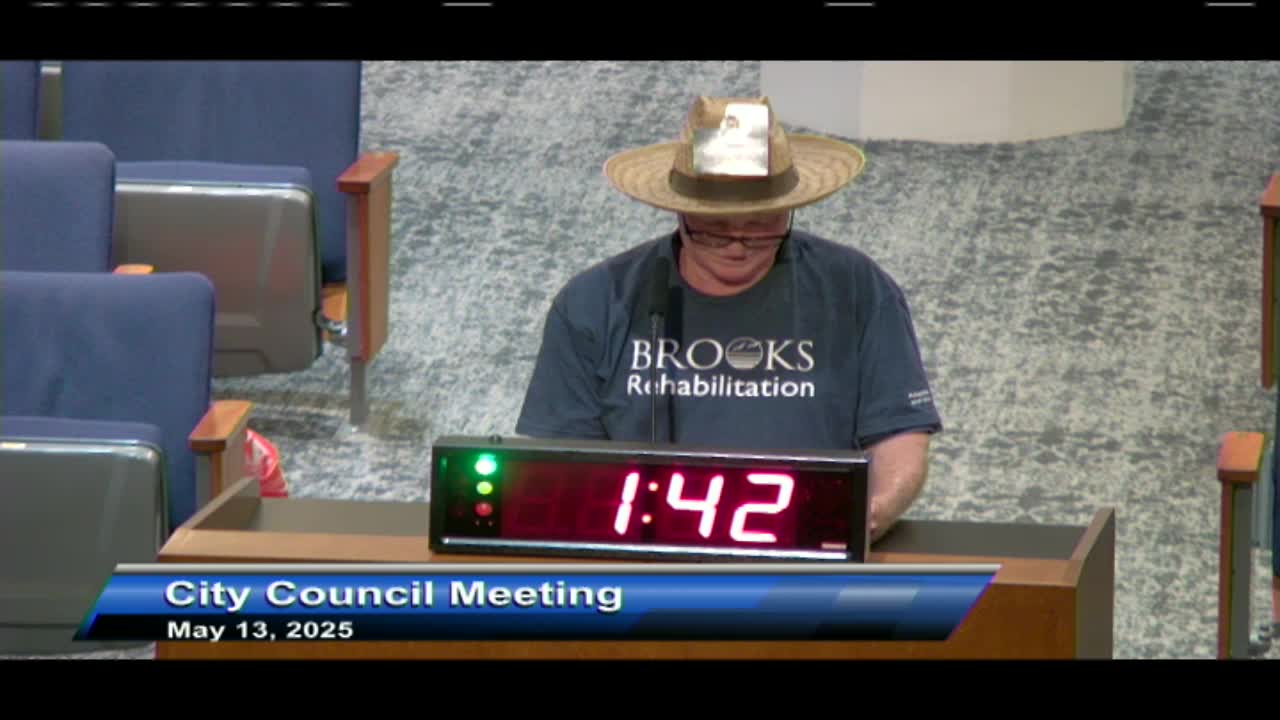
Realtors and apartment managers urge council to oppose landlord registry resolution
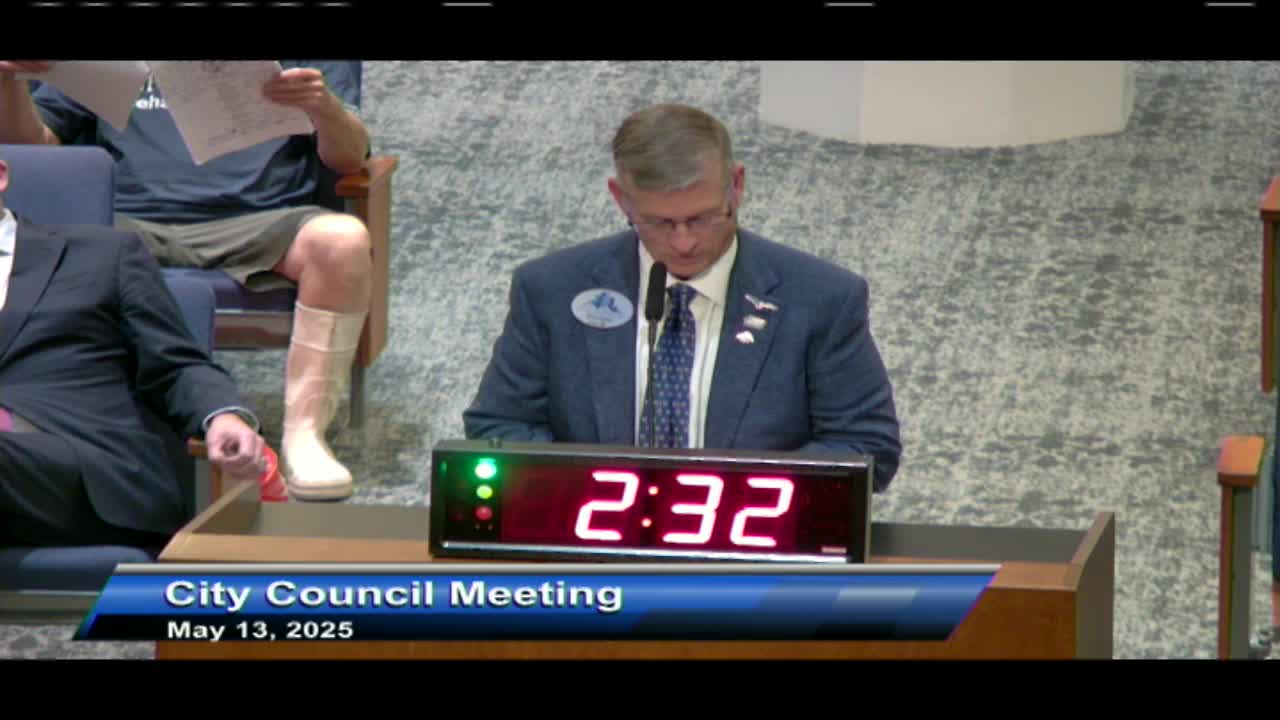
Council introduces PACE program ordinance; developers and realtors urge delay for stakeholder review
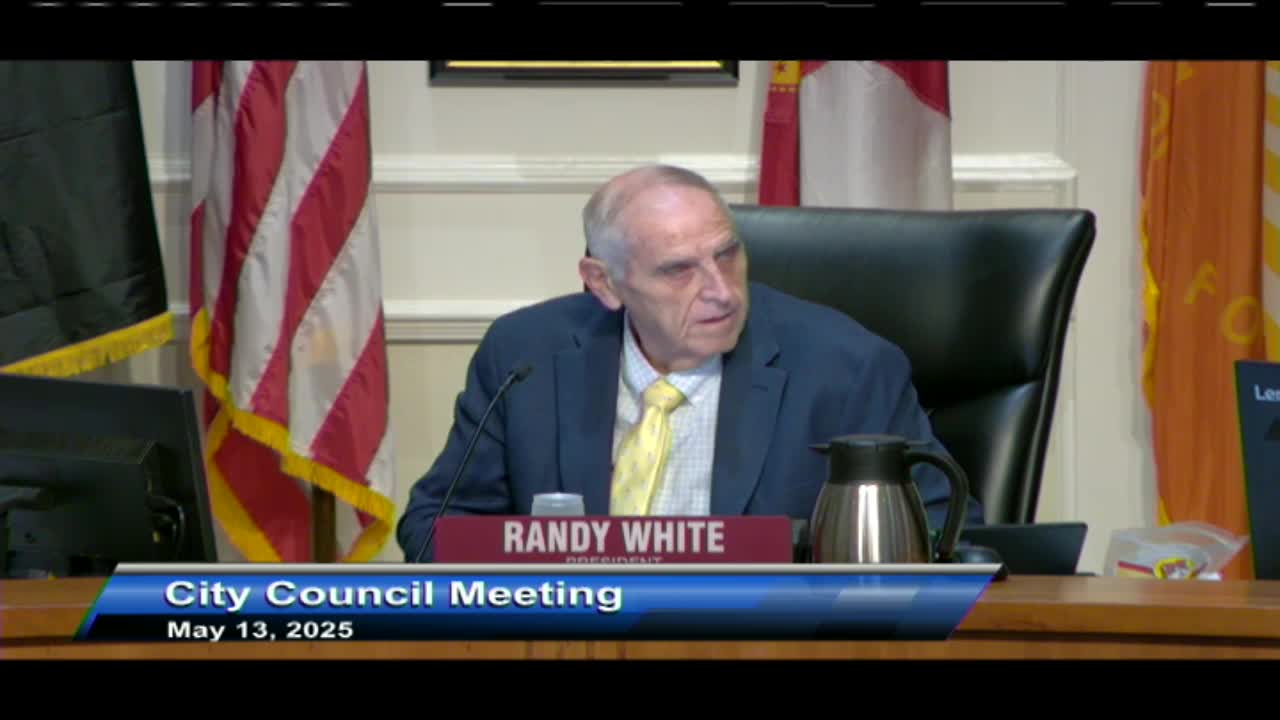
Council confirms Fire Chief Willie King and sets confirmation date retroactive to Feb. 16, 2024
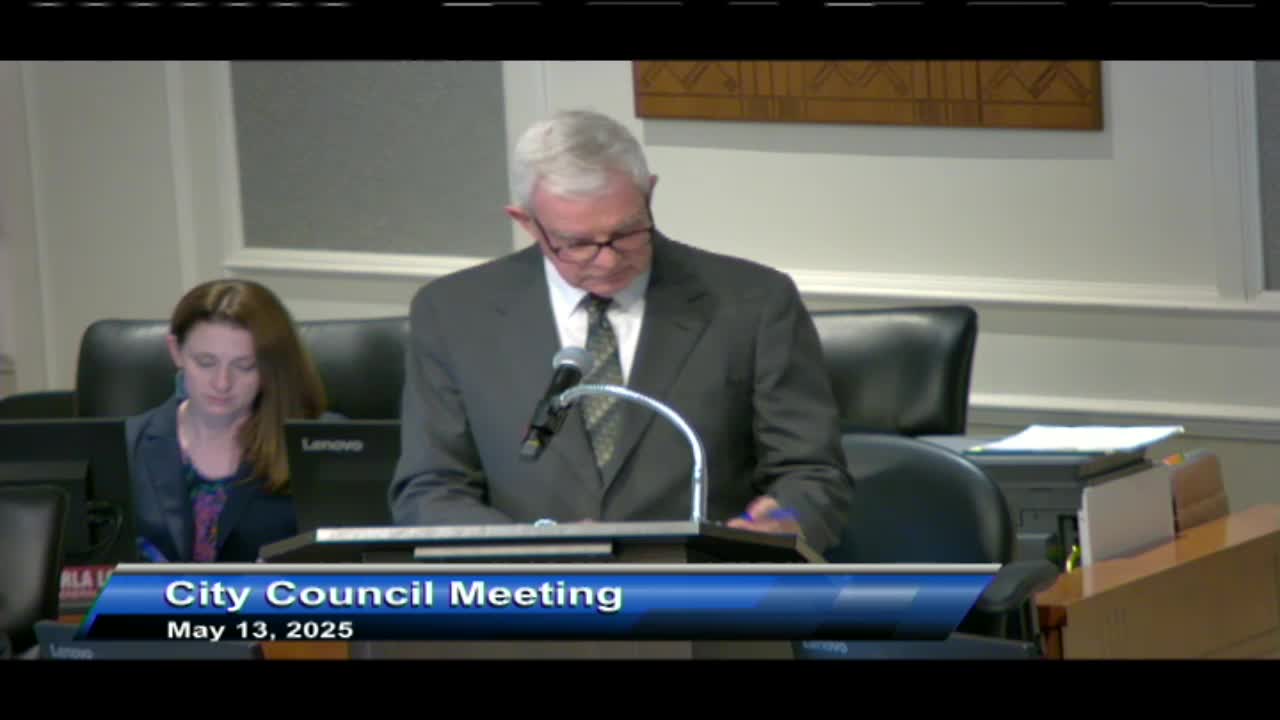
Votes at a glance: Council approves multiple ordinances, confirmations and emergency resolutions
